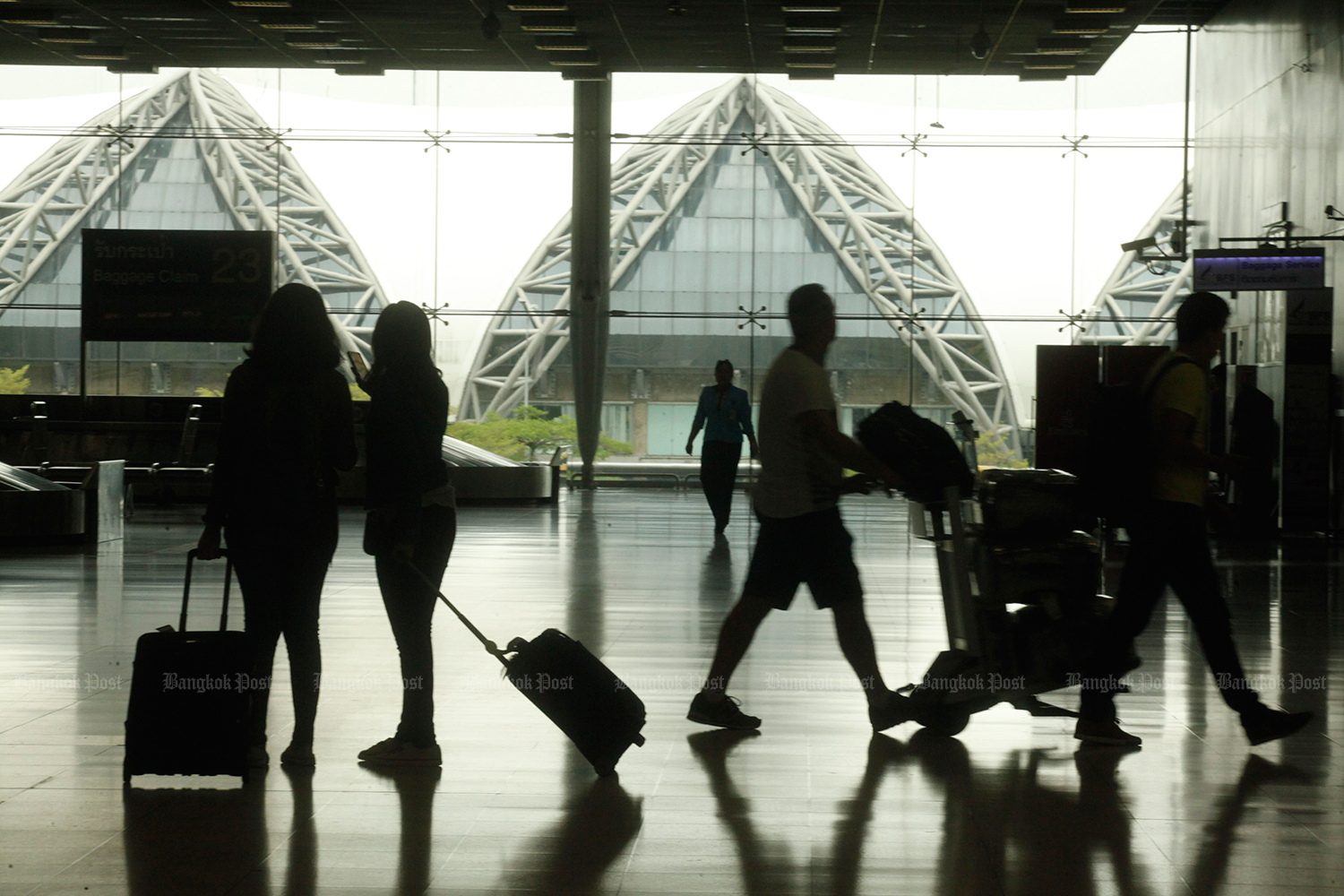
Thai outbound travellers are starting to be concerned about the confrontation in the Middle East, as the region is the leading aviation hub for popular destinations in Europe.
While new bookings are pending, tour operators are trying to secure the confidence of 70-80% of clients who have already booked February packages to ensure they will not cancel planned trips, said Charoen Wangananont, vice-president of Thai Travel Agents Association.
“Clients are worrying about the ongoing situation in Iran, even in the early stages, especially after a Ukraine International Airlines crashed in Tehran without knowing the real cause,” he said.
The previous Gulf crisis dampened the growth of outbound markets because many airlines were forced to avoid Iranian airspace and rerouted flights, which caused inconvenience and higher fuel cost.
However, the tension this time will harm the market more deeply because major cities near Iran have been developed as aviation hubs which most lights from Thailand to popular cities in Europe and America have to use as transit points.
“The proximity to the conflict has caused unease among Thai travellers who want to book a holiday package in advance. All we can do is wait and see,” said Mr Charoen.
Tour operators are also waiting to see airlines' reaction and how they will respond to the situation if the prolonged conflict softens both outgoing and incoming demand.
Hoteliers in Thailand have anticipated a setback since negative signs started showing up since last year, but they are braced for the situation to decline further, said Supawan Tanomkieatipume, president of the Thai Hotels Association (THA).
“The peak season for Mideast arrivals is July to August, but we cannot predict whether the market will recover by then,” said Ms Supawan.
The THA estimates that in the second quarter tourism-related business will suffer more from negative impacts because it is the off-peak season.
She’s worried the affected area will expand to European guests as aviation safety is now a priority concern.
“With the persistent problems of the strong baht and lingering unease over Brexit, it will be a challenging task for Thai tourism to secure the growth of source markets from Europe.”
The Tourism Authority of Thailand reported that inbound guests from Europe dropped by 0.9% in 2019. Among the top five high-spending travellers, only Russia stood in the third place but with 1% dip in revenue to 100 billion baht.